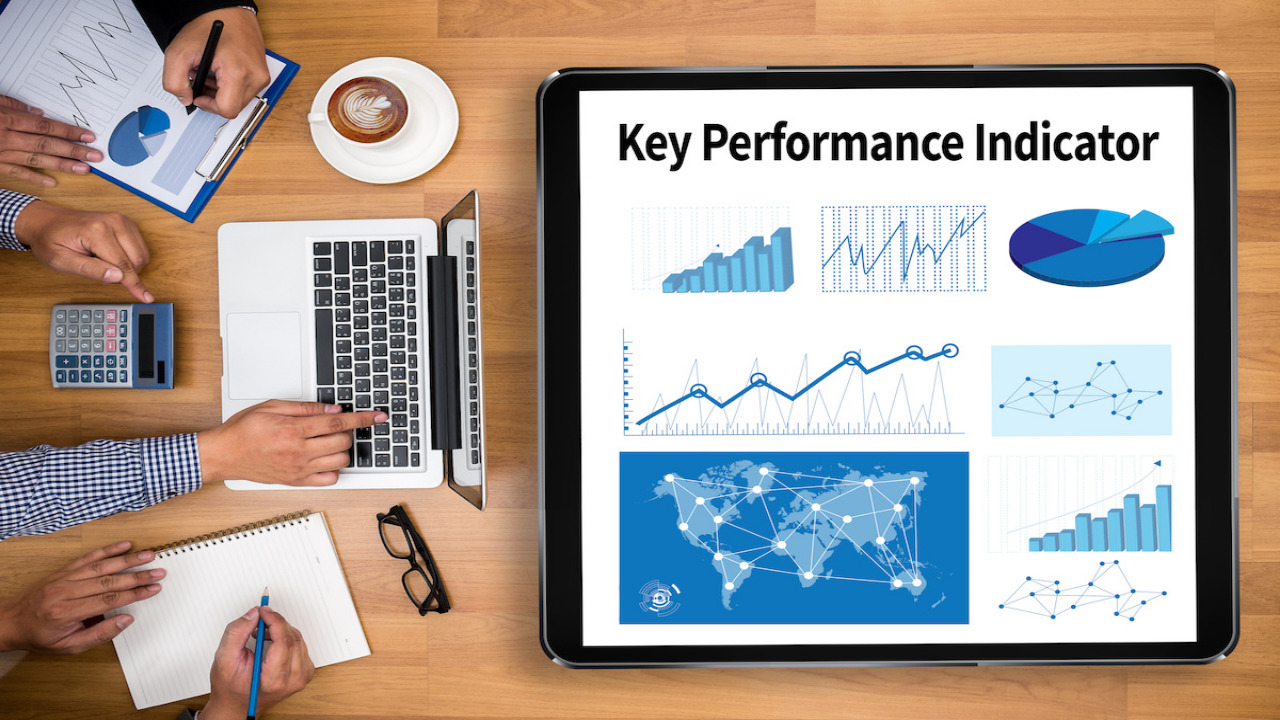The medical business has seen a shift in recent years, especially when the Covid epidemic rocked the world in 2019 and put technology front and center. Electronic health records, which encompass everything from communication channels, lab results, and effective medical billing services, have significantly replaced manual administration and style of operation. For example, technology has significantly altered billing services. Healthcare billing is well-known for being laborious and stressful for both the payer and the payee. Companies may streamline the procedure while also boosting income and efficiency by using the right medical billing tactics and selecting the ideal billing solution.
Why would someone use medical billing software?

The term “medical billing software” describes a computer program that automates the whole billing process. To take advantage of these advantages, you must select the proper medical billing software, which should be designed to efficiently manage all areas of the workflow from appointment scheduling to payment processing. By switching to automated authorization and electronic filing, patients can significantly reduce the expenses associated with submitting claims by opting for electronic medical invoicing. Additionally, switching to effective medical billing services helps the transition from a manually run practice to the use of electronic file systems by increasing cash flows and lowering the expense of human medical billing. The amount of paperwork that has to be handled is decreased as a result of your support staff’s ability to manage patients’ bills and appointments from a single interface.
Selecting software

The Health Insurance Portability and Accountability Act (HIPAA) is adhered to by all lawful software applications. HIPAA protects the anonymity of healthcare organizations, ensuring that patient privacy is preserved. Enabling patients to access their medical records also increases openness and improves data systems. Insurance verification should be a feature of your medical billing software, allowing you to check every patient’s insurance directly from the program. The procedure may be sped up and time saved by receiving real-time confirmation of the patient’s insurance status. This eliminates the need to wait for the information to be handed over. It becomes easier to verify information, which frees clinicians to treat patients right away.
Software costs
This is something you should take into account. These services are offered by various businesses, such as medical insurance billing firms. You must choose wisely financially for both yourself and your practice. Comparing businesses based on price, rating, and billing cycles is a good idea. The smooth and effective billing services provided by SmartClinix, which lowers rejections and boosts revenues, are among the best and most reasonably priced solutions available. You may ask for EHRs demos so you can see what you’re getting into, and the initial costs aren’t that high.
Integration of third parties
Additionally, the software you use for medical billing should be adaptable in terms of integration. It should be adaptable enough to function effectively with other applications and administrative staff. When you have to switch between two things and one of them is incompatible with the other, it may be really annoying. The procedure is streamlined and time is saved by the system’s adaptability.





